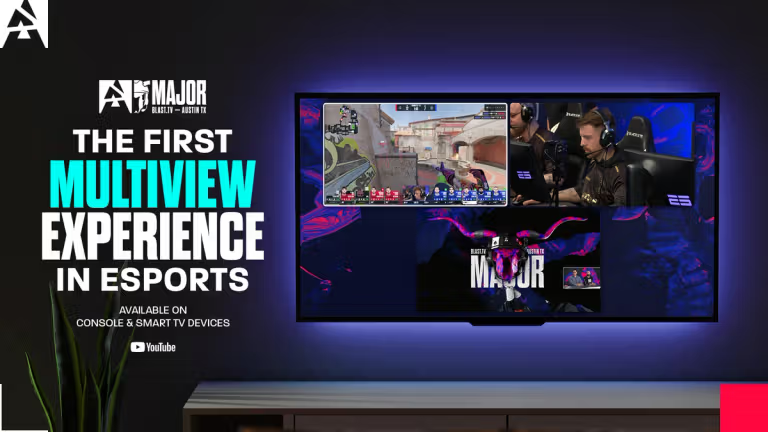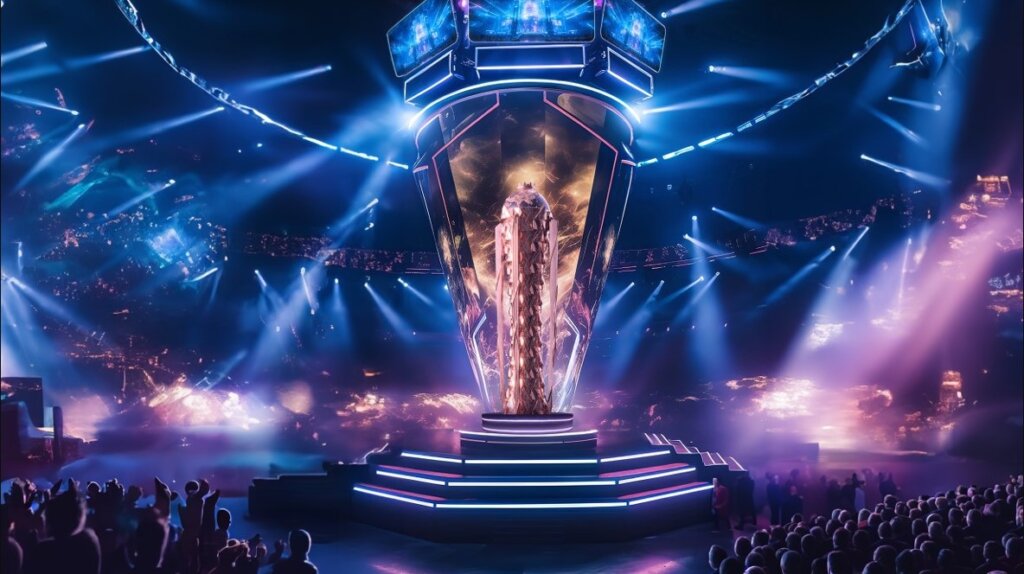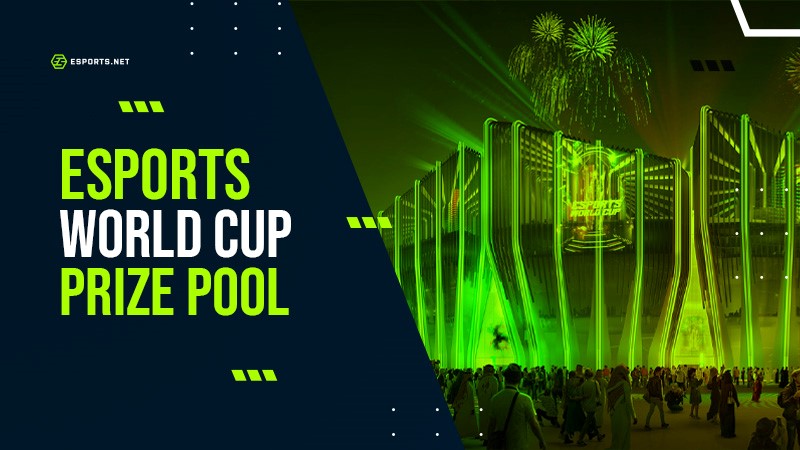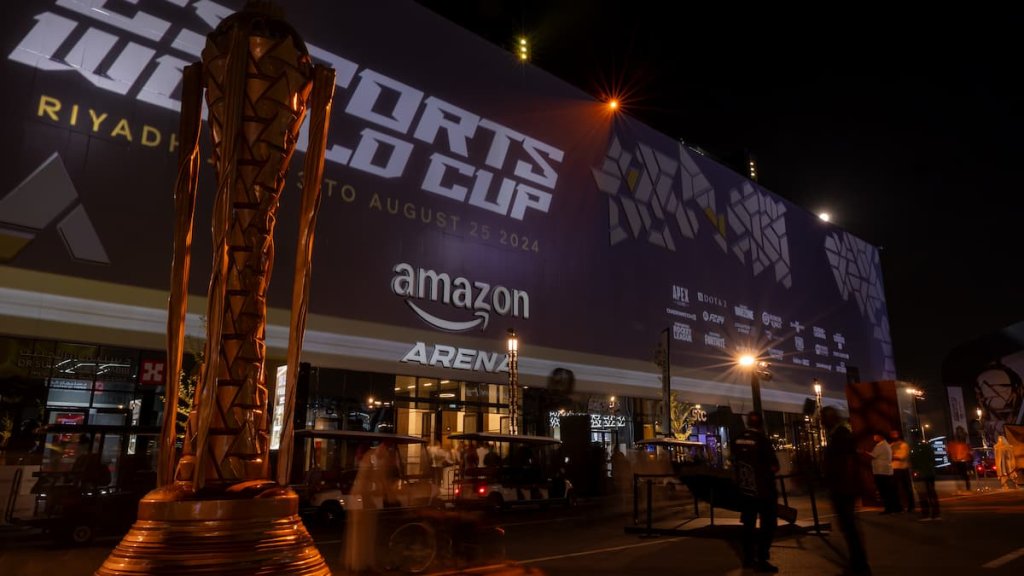
Shanghai sets the standard for esports arenas in time for the Dota 2 International
China has long since cast off its image that it’s mostly a place for cheap knock-offs, with high-tech cities becoming global hubs in no time at all. Shanghai is one such city – one of China’s biggest and most developed, it has been angling to pioneer in the esports scene as well.
The newest step in this effort is an announcement by the municipal culture and tourism bureau. Part of that announcement are specific construction requirements for new esports arenas being built. Think stage lighting, telecom networks and more – from construction to service standards, juts about everything was covered.
Read Also: China’s new plans to develop the national esports scene
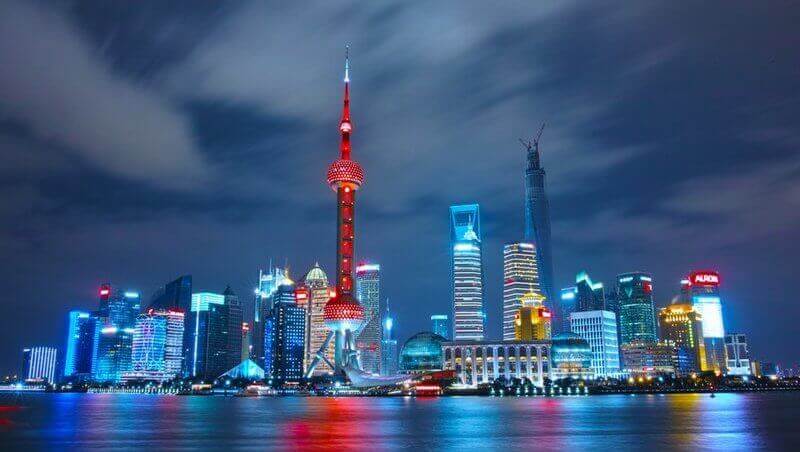
Li Yang | Unsplash
Over the last few years, the esports world has been growing steadily, but with a lack of structured planning. Driven by fans, players and international exposure, esports growth in China isn’t entirely sustainable without the infrastructure to back it up. That’s why these new guidelines are supposed to help this along by ensuring that new facilities are up to the necessary standards.
In total, four categories from A to D specify rules for different sized arenas. Category A venues are those with 50k or more square metres. They can host high level esports competitions and have to meet the strictest requirements, while category D venues have to at least 500 square metres large and will be used more to host qualifiers, trials and trainings.
This announcement was just in time for the next big even in the city though – the Dota 2 International 2019 will take place between the 16th of August and the 25th, in the Mercedes-Benz Arena in Shanghai. Now declared a category A arena, the city is getting everything ready for hosting one of the most watched esports events in the world.
China in general and Shanghai in particular have never held an event of this scale before. The prize pool alone, crowd-funded by fans, exceeded $30 million this July and is still growing. The tickets to the physical event sold out in just 53 seconds in May, according to the operator of the tournament. All 26.804 tickets were gone in no time flat, according to them.
As for the new standards – lots of shopping centres are interested in adding esports areas to their building, in order to account for the growing public interest in competitive gaming. The new rules are supposed to make it easier for them to provide appropriate facilities.
It’s worth noting that these guidelines aren’t supposed to restrict or make it more difficult to create such spaces, but rather in order to help interested facilities find the right partners and provide spaces that fulfil the requirements of the esports scene in Shanghai.
With esports revenue in Shanghai alone totalling over $2 billion in 2018, the demand and need are certainly there, as is the necessary capital in order to make the necessary infrastructure a reality. It won’t be long before epic new venues start popping up all over the place, further driving interest in esports.
